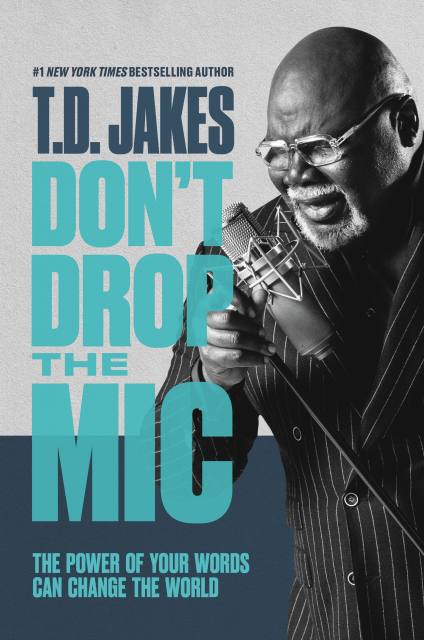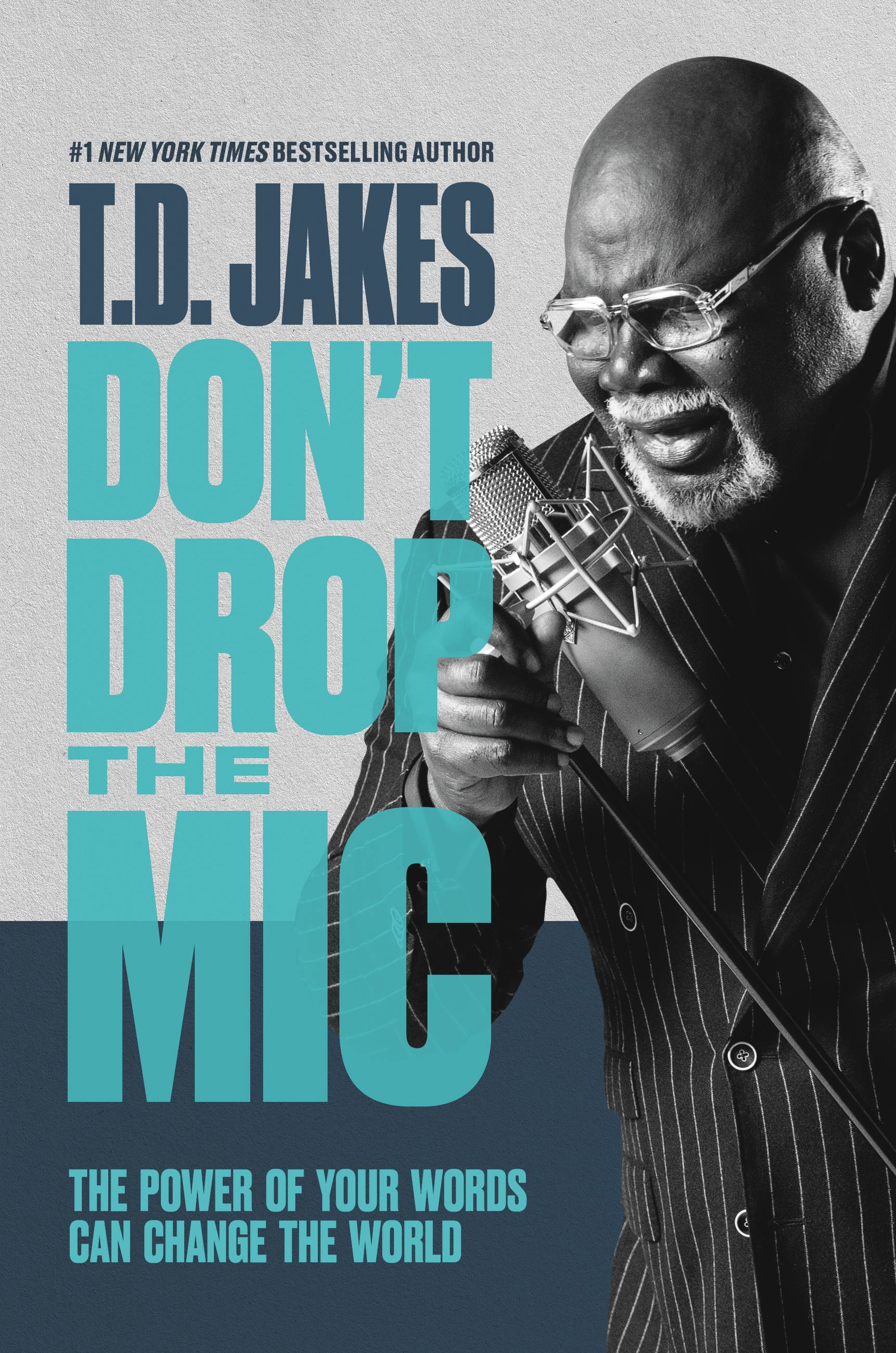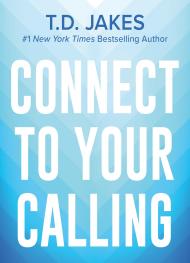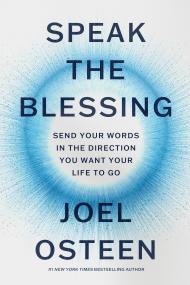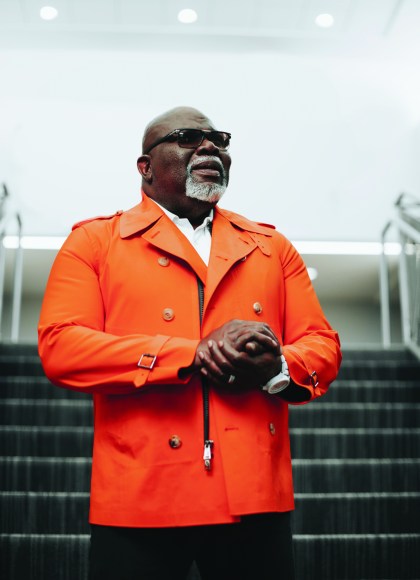By clicking “Accept,” you agree to the use of cookies and similar technologies on your device as set forth in our Cookie Policy and our Privacy Policy. Please note that certain cookies are essential for this website to function properly and do not require user consent to be deployed.
Don’t Drop the Mic
The Power of Your Words Can Change the World
Contributors
By T. D. Jakes
Formats and Prices
- On Sale
- Apr 20, 2021
- Page Count
- 272 pages
- Publisher
- FaithWords
- ISBN-13
- 9781455595341
Price
$11.99Price
$15.99 CADFormat
This item is a preorder. Your payment method will be charged immediately, and the product is expected to ship on or around April 20, 2021. This date is subject to change due to shipping delays beyond our control.
Buy from Other Retailers:
Communicate boldly and effectively like never before with the help and guidance of a #1 New York Times bestselling author and trusted Bishop.
#1 New York Times bestselling author Bishop Jakes has been speaking in front of audiences large and small for decades, and over the years, he has learned a thing or two about communicating with audiences.Now, for the first time ever, Bishop Jakes shares his wisdom and skills he’s learned to help readers communicate better themselves. Whether you are preparing to speak on stage before thousands or present at the next budget meeting, preach a sermon or deliver a diagnosis, this book is full of practical advice and solutions to help you get your message across.
Readers will learn:
- The process Bishop Jakes uses to create his sermons, which connect with hundreds of thousands each week
- How to tailor you message for your intended audience
- The importance of body language
- How to be ready to make every opportunity count
- When and how to use silence to speak for you
- Why how you present yourself matters
In this book, Bishop Jakes gives you tools and skills so that you can communicate better.
Newsletter Signup
By clicking ‘Sign Up,’ I acknowledge that I have read and agree to Hachette Book Group’s Privacy Policy and Terms of Use
